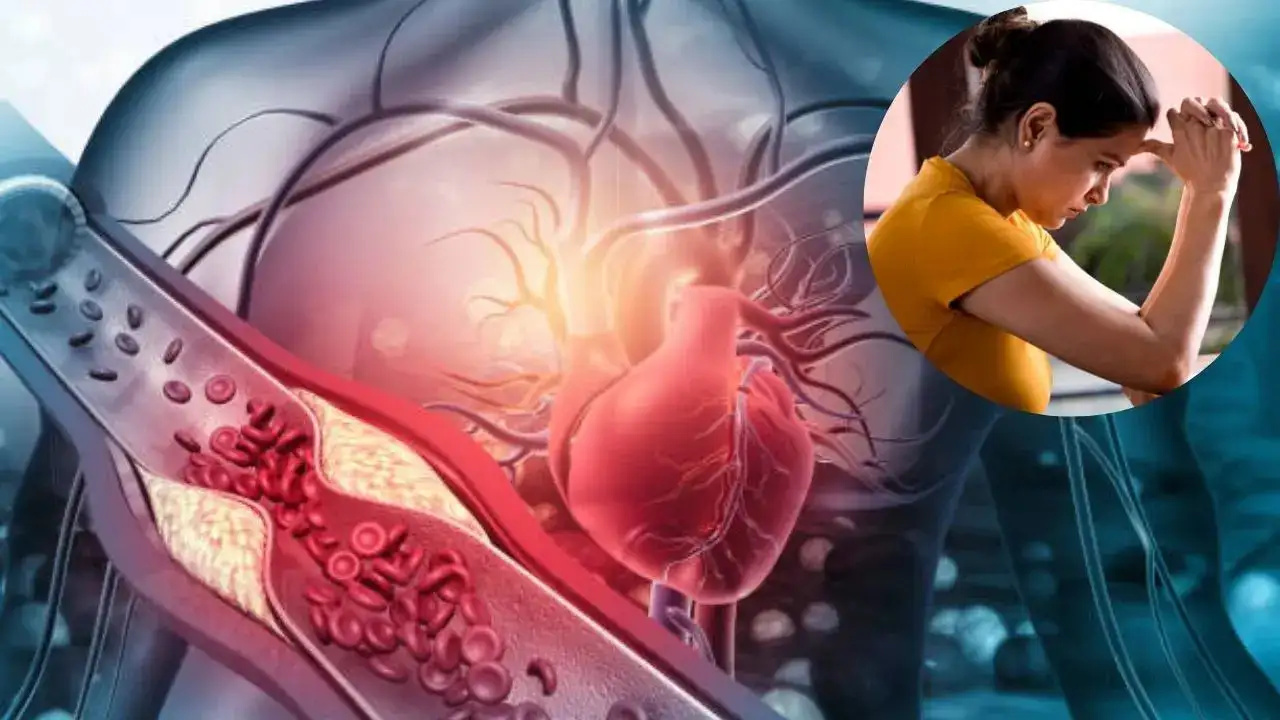
Unlike typical stress-induced tension headaches, hypertension-related headaches are usually throbbing in nature, commonly felt at the back of the head
Hypertension, also known as high blood pressure, usually does not have any symptoms till it becomes dangerously high. However, when it does, you may have a throbbing headache, which doctors say you must not ignore.
“Hypertension is the force with which blood flows in the arteries of the brain. And that force leads to hypertension, which indirectly causes headaches,” Dr. Aparna Gupta, Consultant-Neurologist, Indian Spinal Injuries Centre, told Times Now.
According to the American Heart Association, for a normal person less than 50 years old, if your blood pressure is between 130/80 millimetres of mercury, or mm Hg, and 140/80 mm Hg, it is considered normal. Any blood pressure level higher than that is considered stage 1 hypertension. “Whenever the blood pressure surpasses that range, it leads to a lot of stress on the arteries, which in turn causes headaches,” said Dr. Gupta.
Can headaches lead to high blood pressure?
Dr. Gupta says often severe and chronic headaches lead to high blood pressure. “Any conditions, like whenever there is an infection in the brain, whenever there is a stroke or stress, anxiety, all these conditions can indirectly raise your BP, which we call reactionary hypertension.” So, even if your headache is due to hypertension, or whether the headache is causing hypertension, you should always visit your specialist and clear out what the exact cause is, and those issues need to be addressed.
How are headaches caused due to hypertension?
Doctors say unlike typical stress-induced tension headaches, hypertension-related headaches are usually throbbing in nature, commonly felt at the back of the head, and more prominent in the early morning hours. “These headaches may also be accompanied by dizziness, fatigue, blurred vision, or a pounding sensation in the chest or ears,” said Dr. Dixit Garg, Consultant Intervention-Cardiology, Manipal Hospital.
High blood pressure, if left unchecked, can lead to life-threatening complications such as stroke, heart attack, or kidney damage.
Other symptoms of high blood pressure
Doctors say many people with high blood pressure experience no symptoms, so hypertension is known as a “silent killer.” However, a few symptoms you can notice in later stages, apart from headaches, include:
- Back pain
- Difficulty speaking
- Facial flushing
- Nosebleeds
- Numbness or weakness
- Severe anxiety
- Breathlessness
- Vision changes
How can you treat hypertensive headaches?
If you have both headaches and high blood pressure, you must immediately seek immediate medical attention, as this combination of symptoms could indicate a hypertensive crisis. Without treatment, there is a risk of further organ damage or unwanted side effects. Doctors classify hypertensive headaches with other related symptoms as a hypertensive emergency. This condition often requires blood pressure control with IV medications.
Examples of these medications include:
- Nicardipine
- Labetalol
- Sodium nitroprusside
It is essential that you do not try to lower blood pressure at home, even if you have medication. Reducing blood pressure too quickly can affect the blood flow to the brain, causing unwanted side effects. Instead, immediately go to an emergency room where doctors can help you lower blood pressure in a safe, controlled environment.
